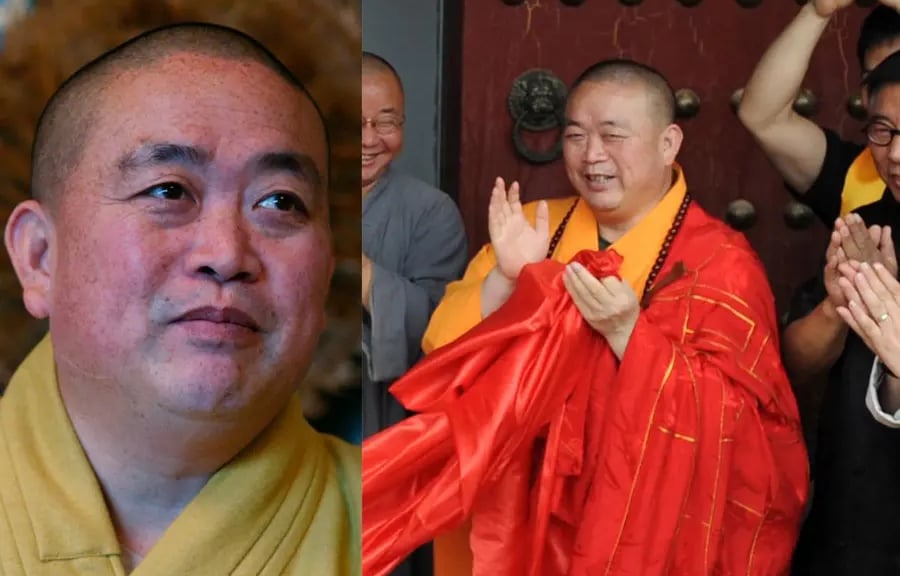Head of China’s Shaolin Temple Investigated for Sexual Misconduct and Financial Impropriety
Shi Yongxin, the head of China’s historic Shaolin Temple, is under investigation for sexual misconduct and financial impropriety. Once respected for modernizing the ancient monastery, Shi has been removed from his monastic role and stripped of clergy status. Authorities allege he engaged in improper relationships with multiple women, fathered a child, and misused temple funds. This scandal has triggered a rare crackdown by religious and government bodies, casting a shadow over the temple’s global reputation and raising questions about the balance between faith and commerce in modern China.
INTERNATIONAL
Thinkbrief
7/23/20252 min read


China’s most celebrated Buddhist sanctuary stands at the epicenter of a scandal shaking the country’s spiritual core and captivating audiences worldwide. Shi Yongxin, once hailed as the modernizer of the ancient Shaolin Temple, has been removed from his monastic post and stripped of clergy credentials as authorities examine a web of allegations encompassing sexual misconduct and financial impropriety.
The Buddhist Association of China delivered a decisive statement. Shi, known as the “CEO monk,” has lost his ordination status after accusations that he not only embezzled temple funds and assets but also violated the most sacrosanct principles of Buddhist monasticism. The temple’s own communique detailed a pattern of improper relationships with multiple women and the fathering of at least one child, shattering the image of celibacy and austerity expected of Buddhist clergy.
Investigators drawn from multiple government agencies are leading a probe whose details are closely watched on social media and traditional news outlets alike. Reaction across China has been swift and skeptical, fueled in part by the Shaolin Temple’s stature. The 1,500-year-old institution in Henan province is not just a religious landmark it is a cultural juggernaut that helped birth both Zen Buddhism and Shaolin kung fu. Shi’s tenure, beginning in 1999, saw the monastery blossom into a global brand, exporting martial arts, opening cultural centers abroad, and drawing millions of tourists to central China.
But this commercial transformation had long been polarizing. For years, critics questioned the merging of business with Buddhist vows even as the temple’s revenues soared and its leader rubbed shoulders with world dignitaries. Past accusations ranging from luxury gifts to plans for indulgent overseas projects were swept aside after official investigations. This time, the party and religious authorities have acted with rare resoluteness. Corporate records show that companies under Shi’s name are being deregistered, marking a swift institutional erasure.
While the authorities have dismissed sensational online rumors reporting, for example, that Shi attempted to flee with his alleged mistresses and children, the facts now acknowledged by the Buddhist Association and the government mark a profound reckoning for one of the world's oldest and most influential monastic orders. The association’s words were unequivocal: Shi’s actions have severely damaged the reputation of the Buddhist community and tarnished the image of monks.
What happens next remains uncertain. The joint investigation is ongoing and the final outcome a prosecution, further disciplinary actions, or a wider purge could transform not just the Shaolin Temple but how China polices the intersection of faith, money, and modern celebrity. As the world’s cameras remain trained on Dengfeng, Henan, the story of Shi Yongxin stands as a cautionary parable of morality, ambition, and the collision of ancient traditions with contemporary temptation.